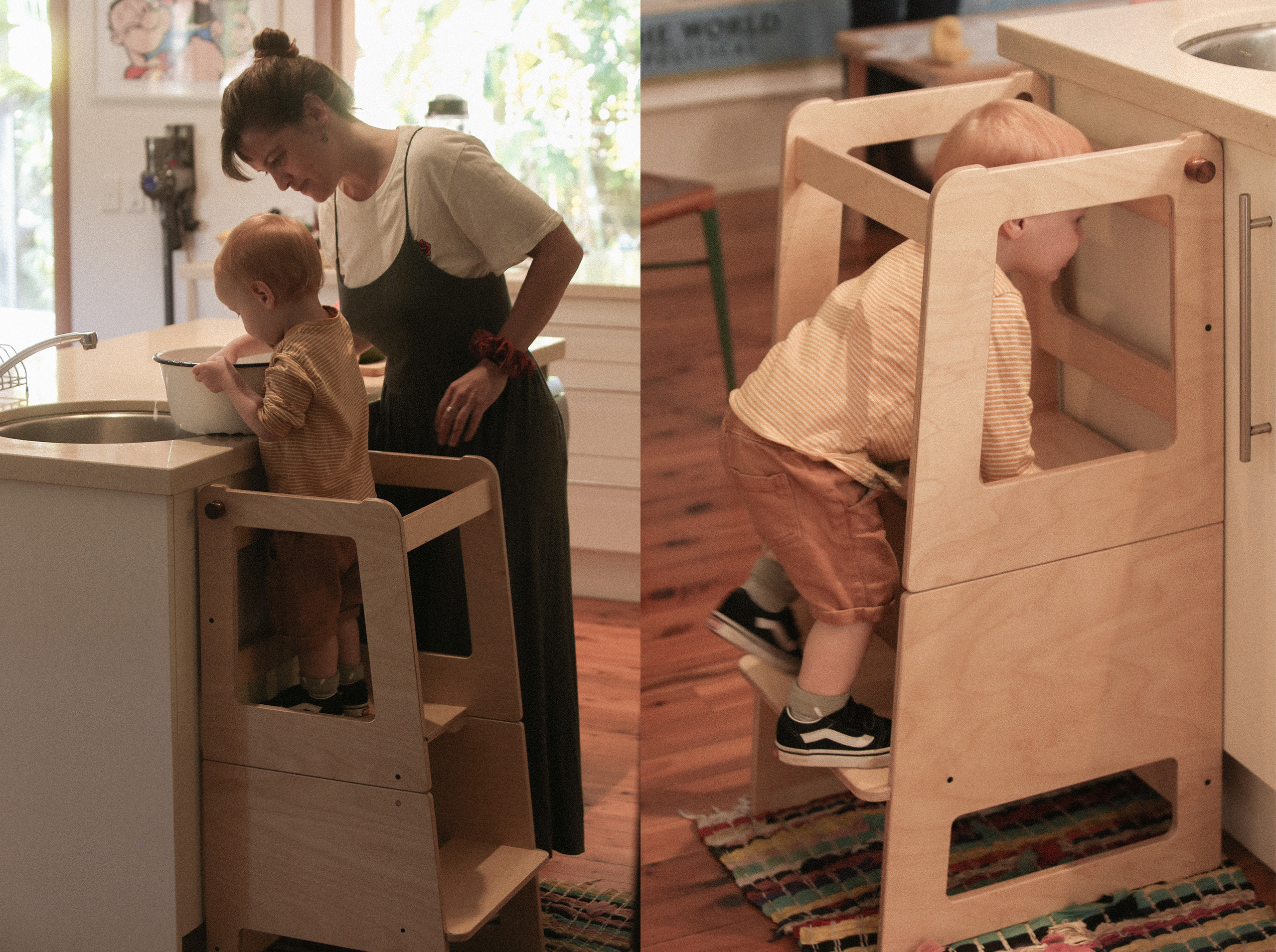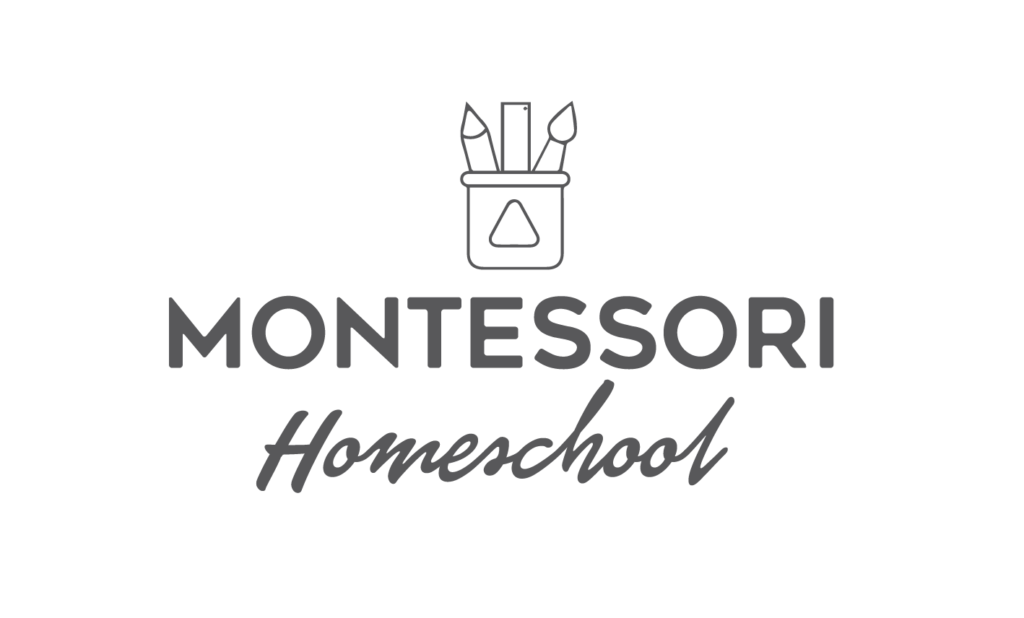Kelly and I have studied Montessori’s philosophy and we have over 15 years experience working in Montessori schools and in-home environments. We met here in Australia a few years ago and it wasn’t long after that when we knew we wanted to build something of value together.
We both appreciate the opportunities and challenges that families and communities face when educating children. Our vision is not to mimic a school environment at home but to support families and give them the tools to guide the development of their child.
Children experience and come to understand the world and their place in it through play. Creating opportunities for children to explore, experiment, question and discover new concepts about the world in playful ways is central to their learning, development and wellbeing.

Our passion for early education has helped us reflect on what is needed to better support children, families and communities. We believe that the Montessori method is the best approach in becoming a balanced human being. It lays the foundations to explore individuality and to encourage resilience. We all face challenges in life and children are no exception to that. Emotional intelligence is something that we all work on during our life span. It doesn’t stop or end as we grow older. We are faced with challenges and unexpected events at various stages of our life that teach us about our emotions and how we react. Wouldn’t it be great if we could provide young children with positive strategies and practical lessons to support this journey?
As Montessori teachers, we have been adapting our practices and looking for inclusive strategies to develop children’s well-being. I find that many of us struggle with identifying, expressing, and using supportive strategies to manage our emotions. Maybe this is due to the fact that we didn’t have the knowledge when we were in our own early childhood phases. This workshop is to support families on that path and to share the tools, routines and strategies we have studied and used.
Children need adults to provide the right amount of support at the right time. This means giving the least amount of help first to encourage children’s ownership of the task. We need to encourage children to take risks with their learning. We have the capability to ensure children retain responsibility for their learning. But how can we do all this and still manage our own daily tasks and responsibilities? This workshop will explore how the home environment can be used to stimulate and achieve these developmental outcomes.
Do you want to assist to our next workshop? Send us an email to maria@montessorihome-school.com to book your spot!
